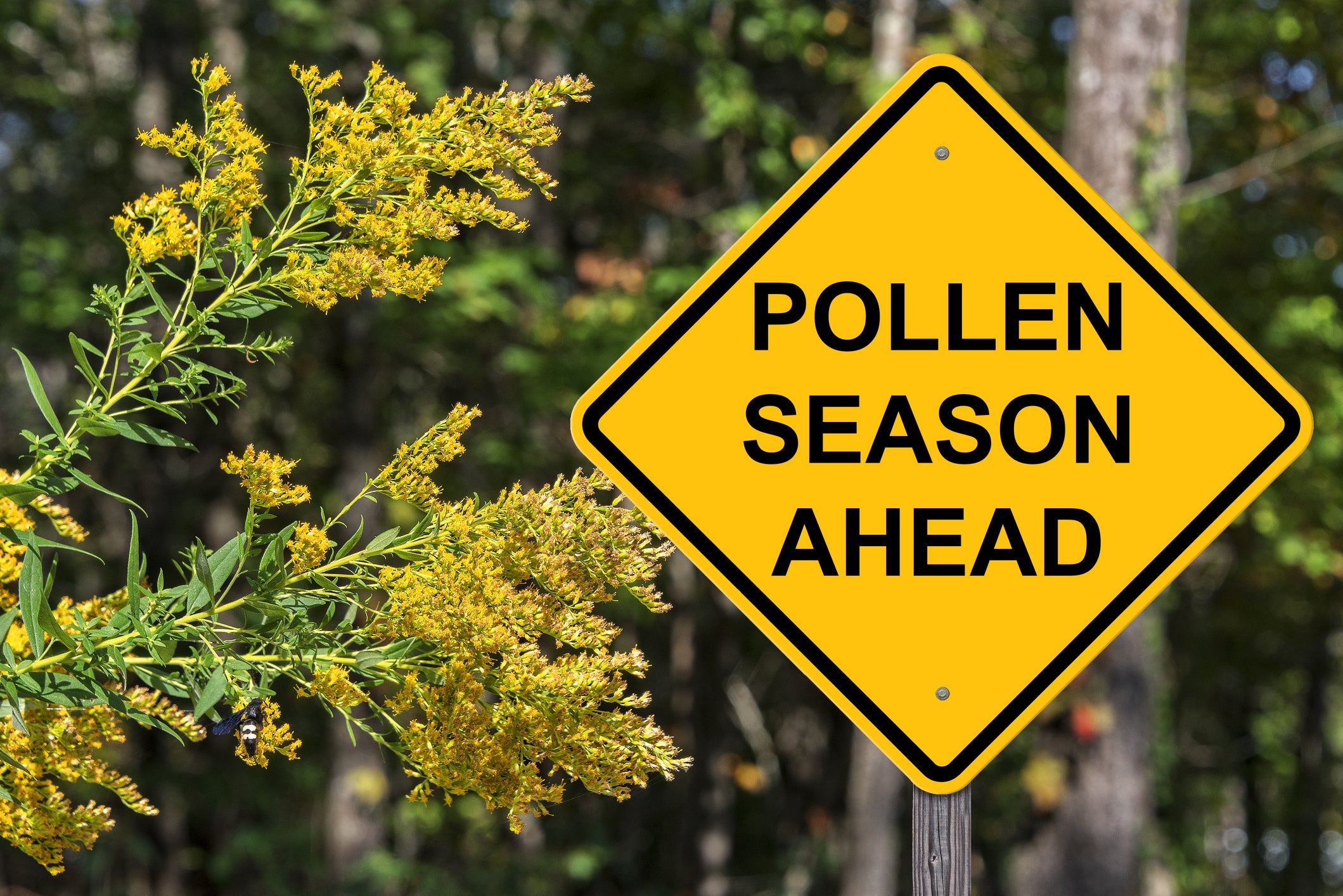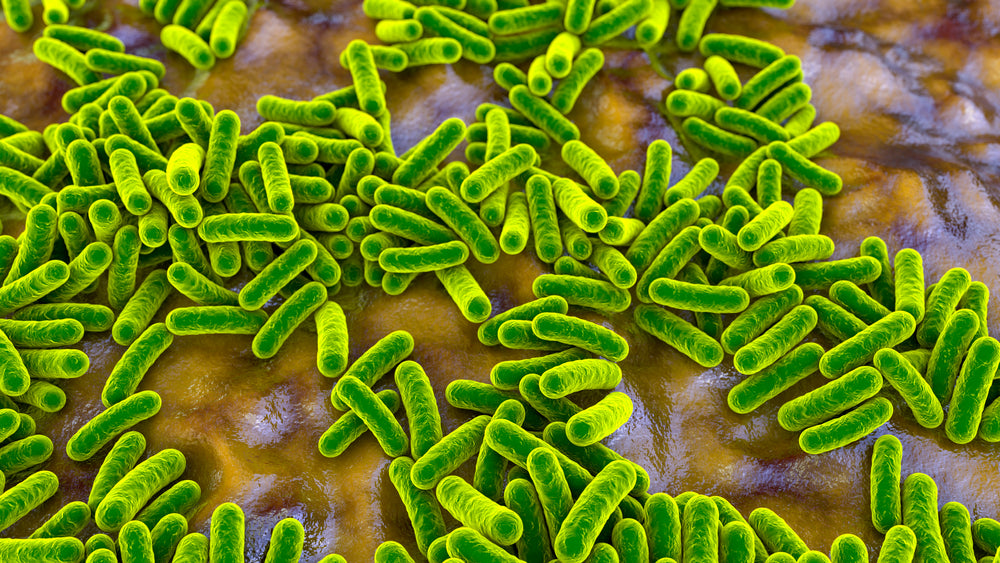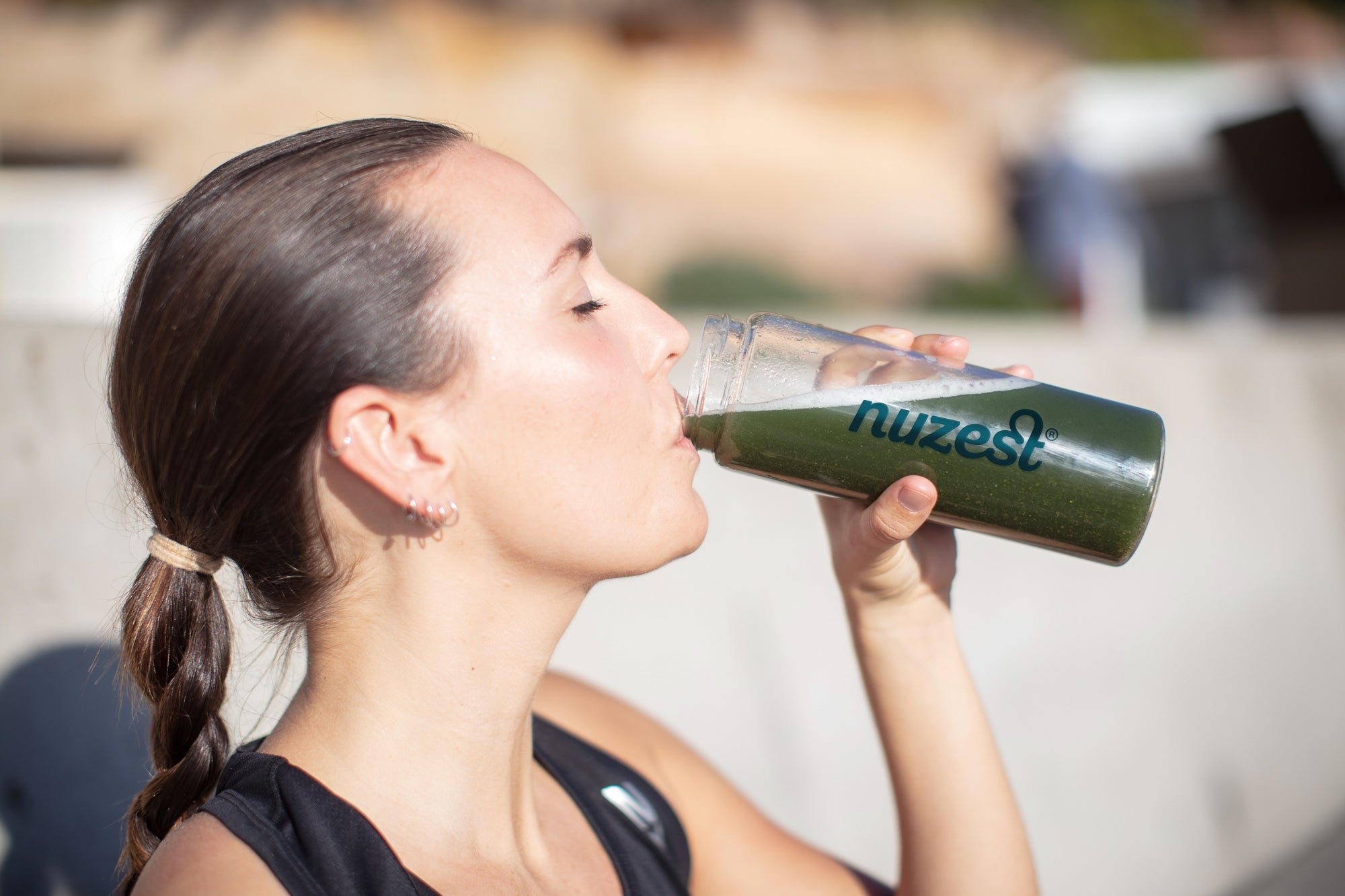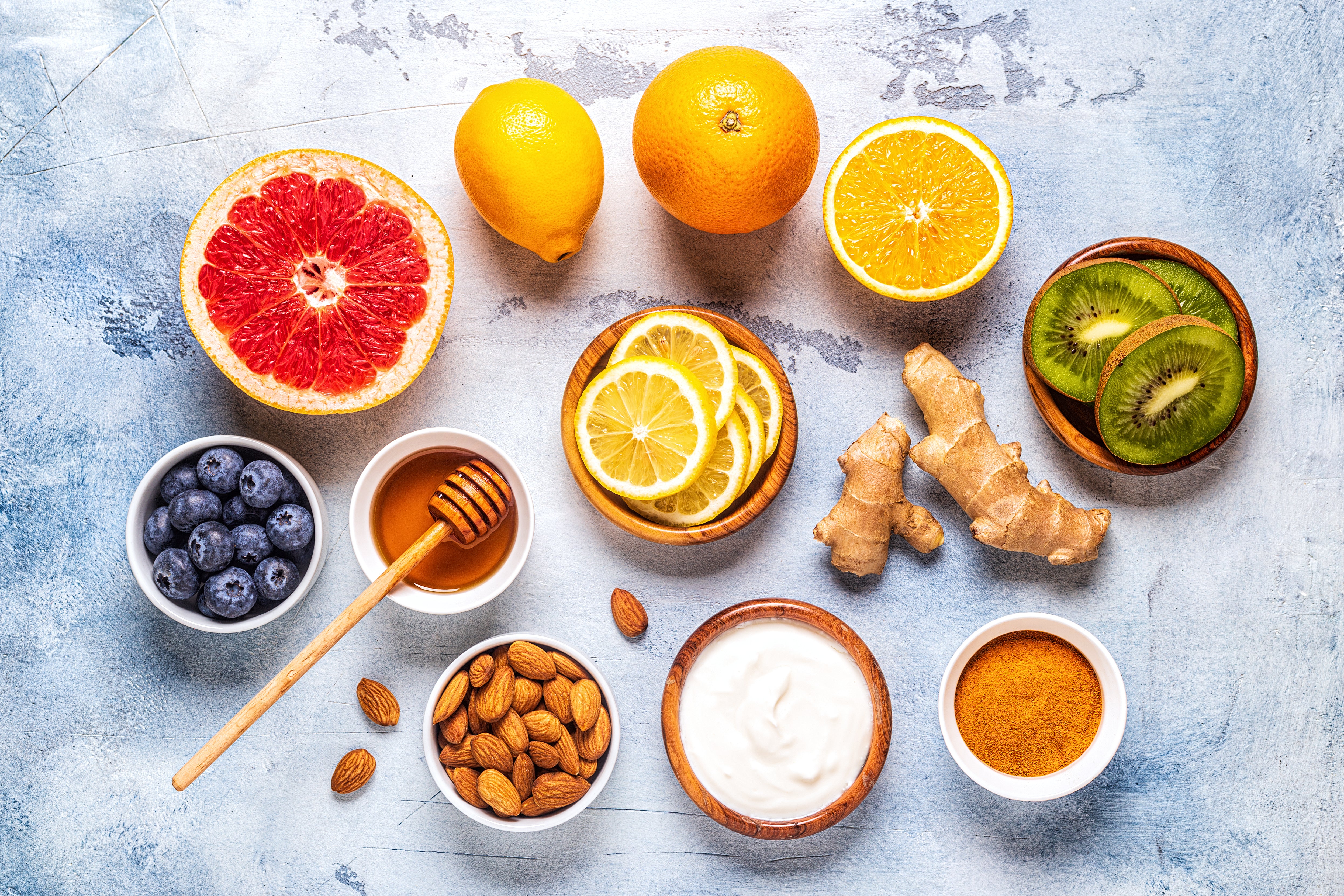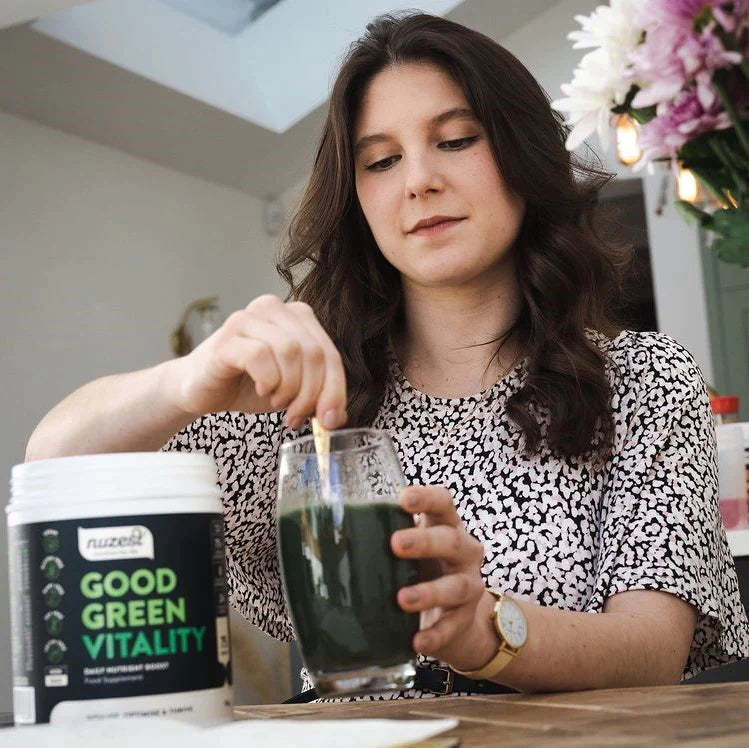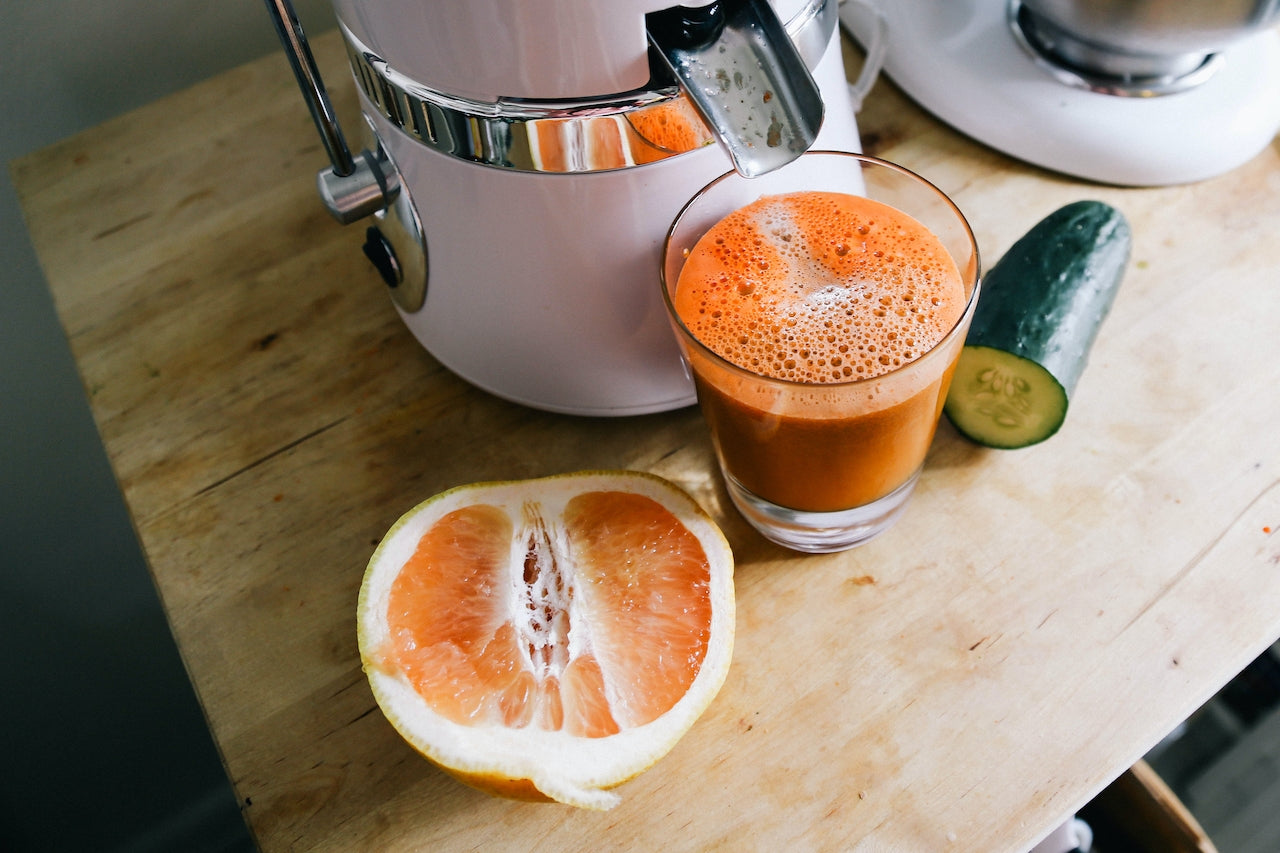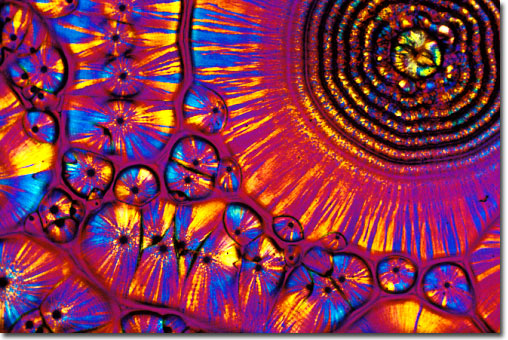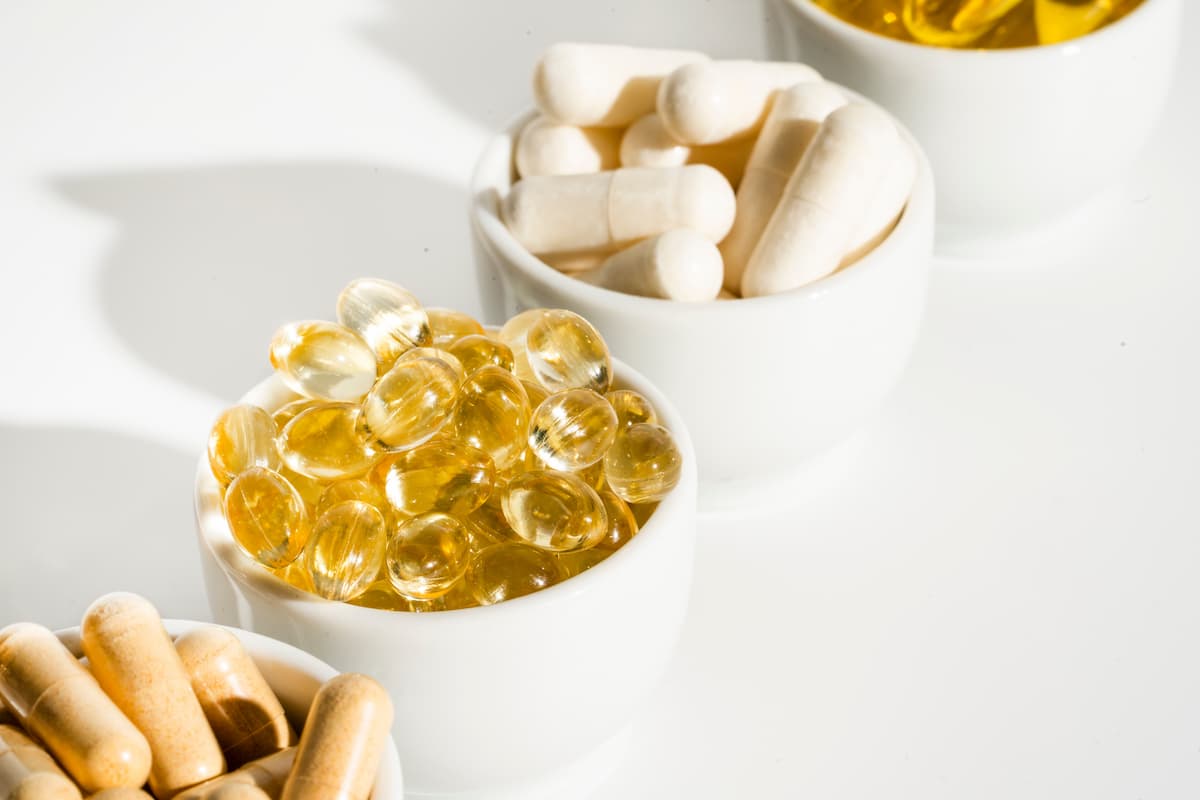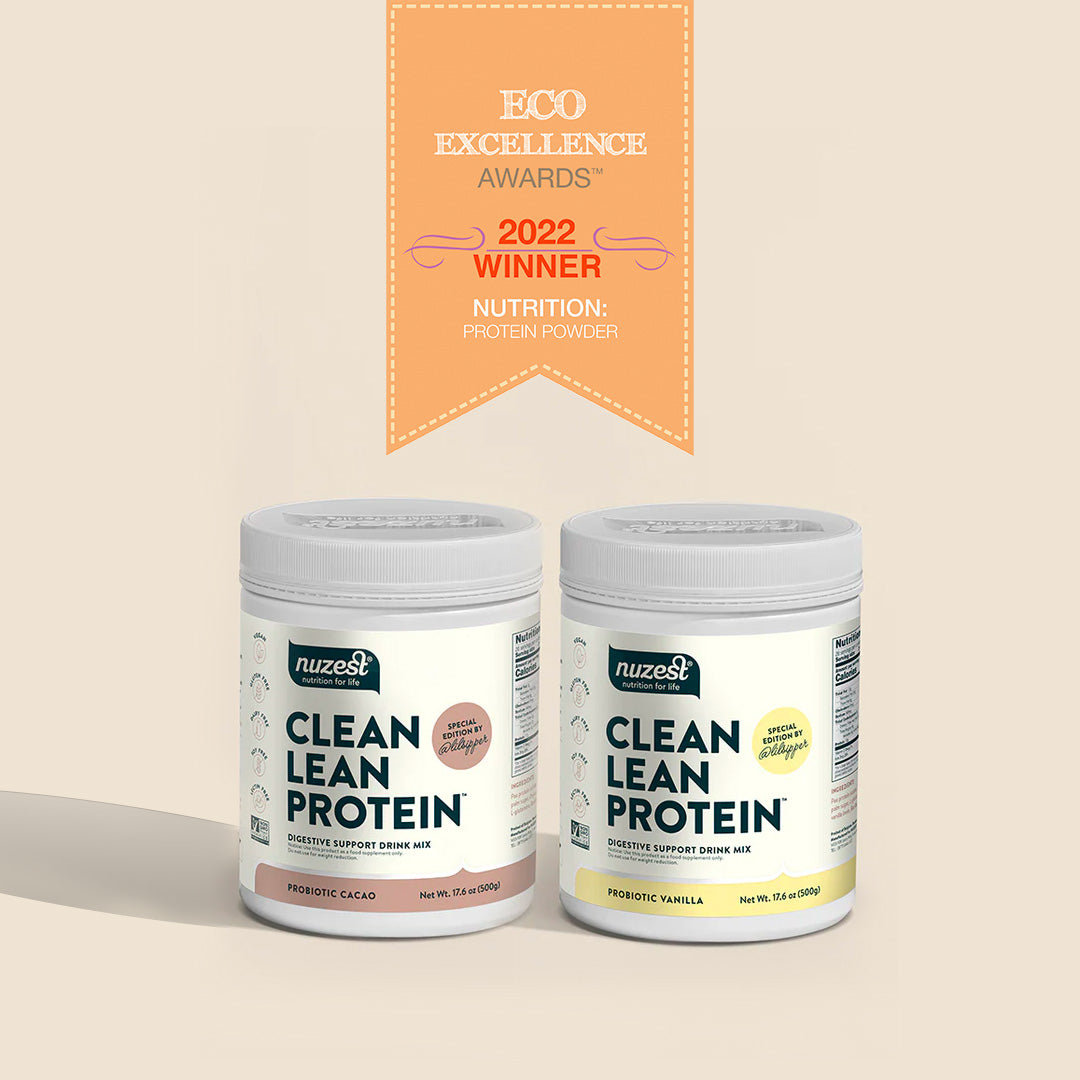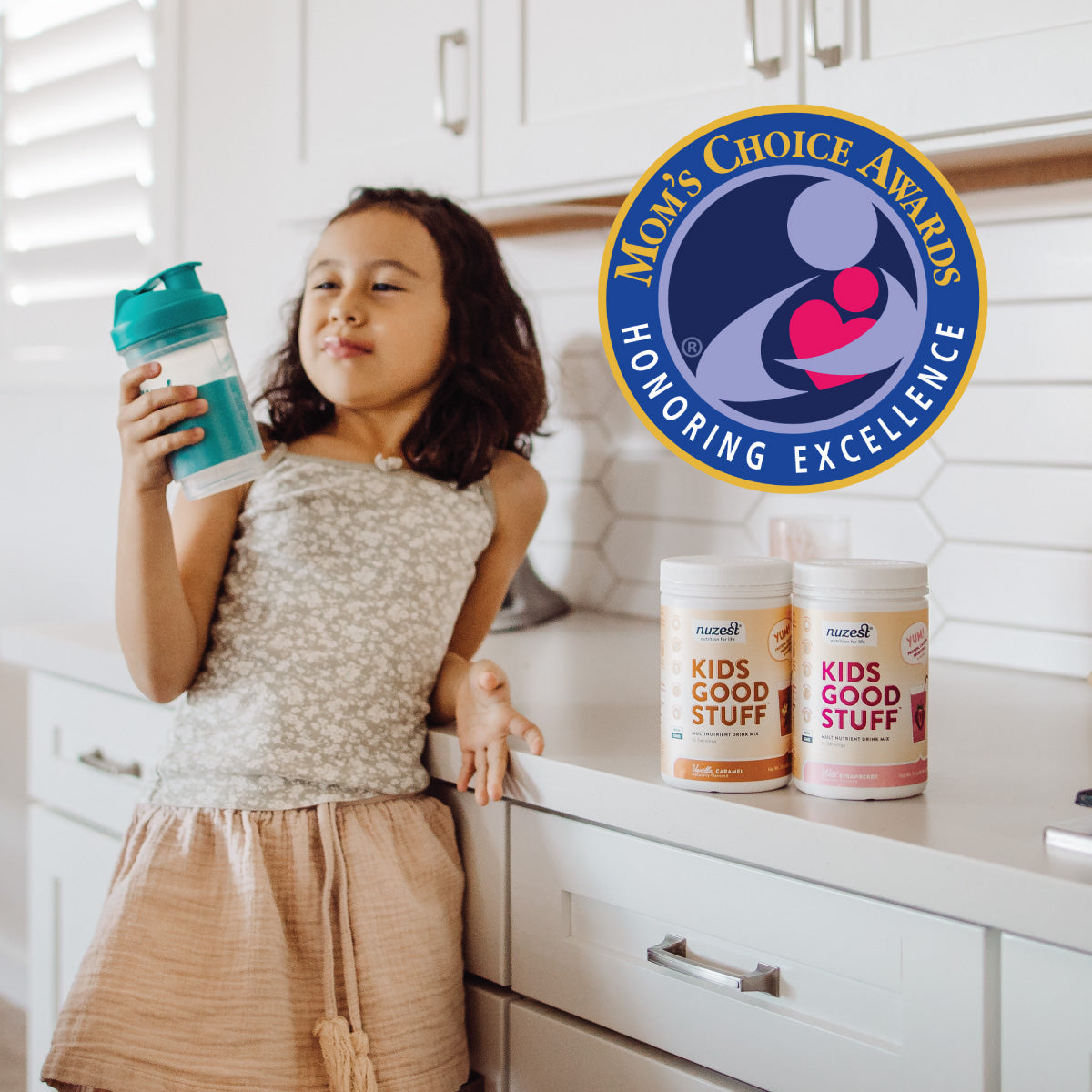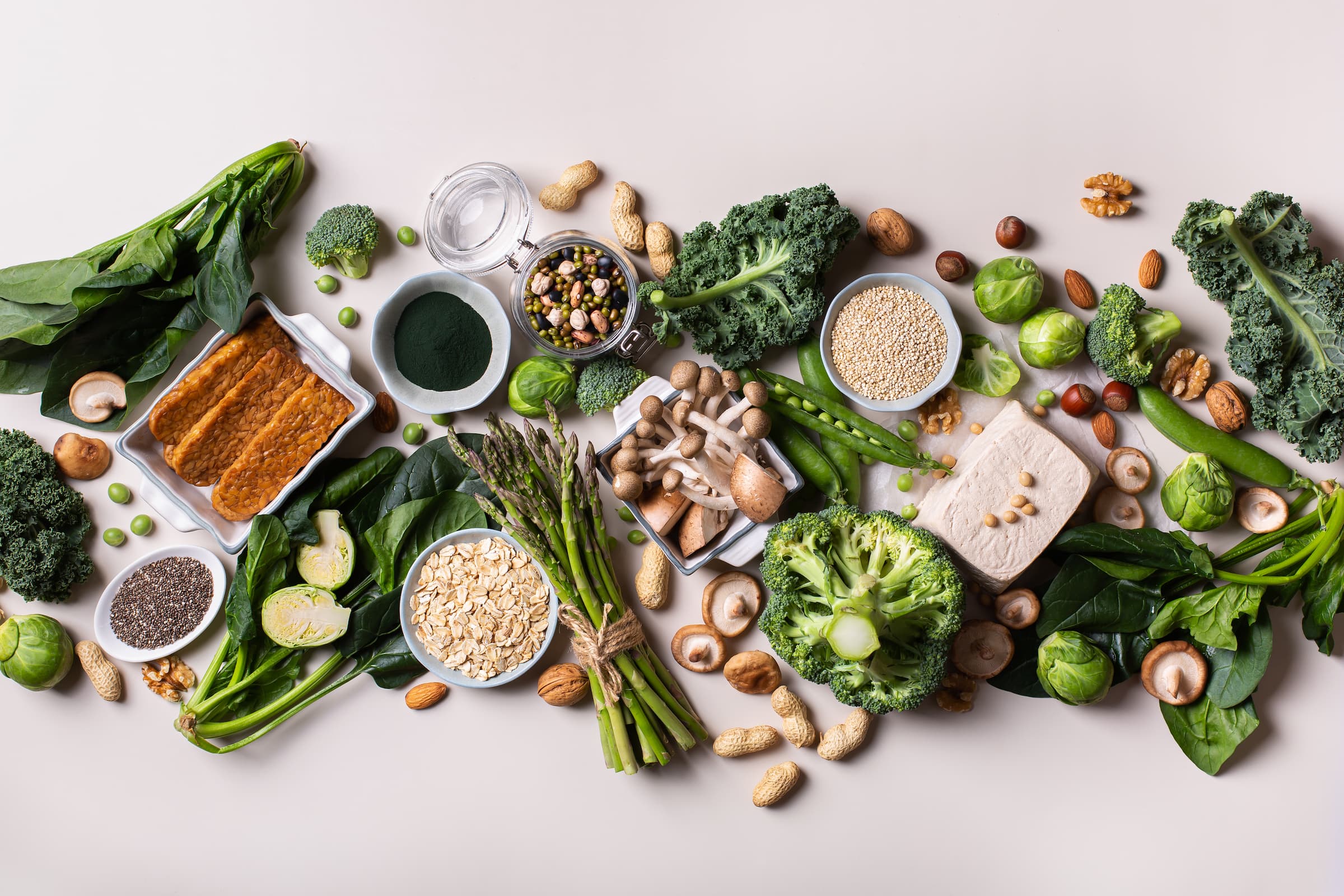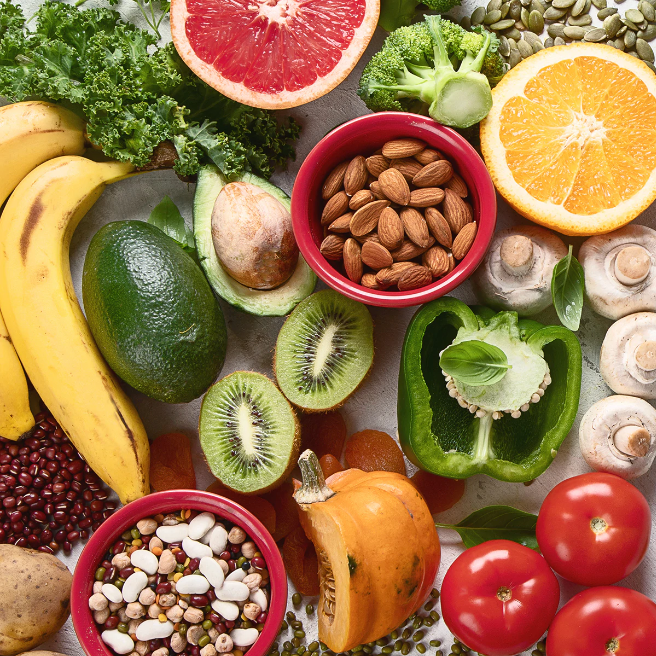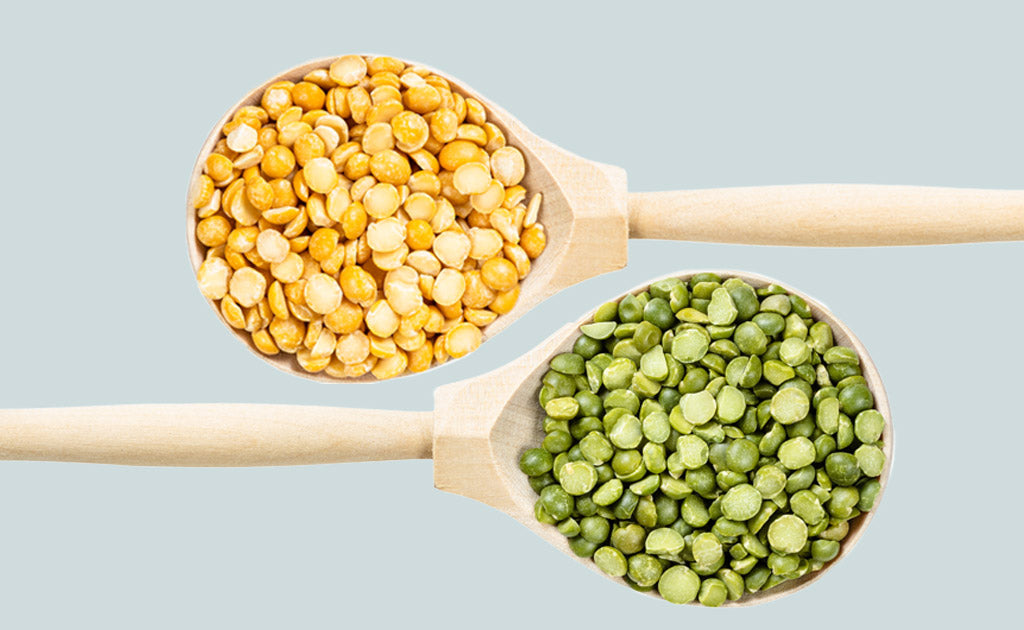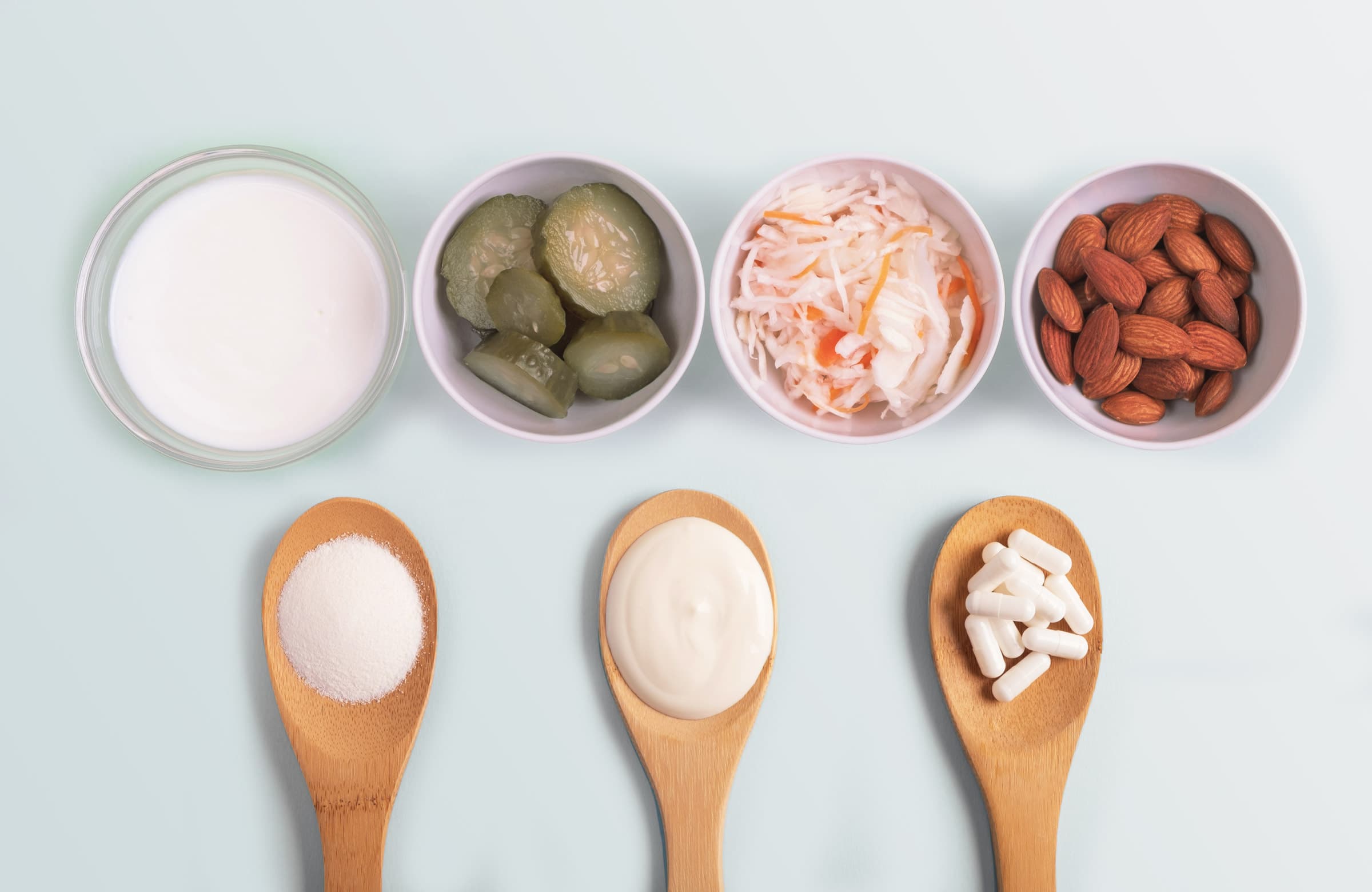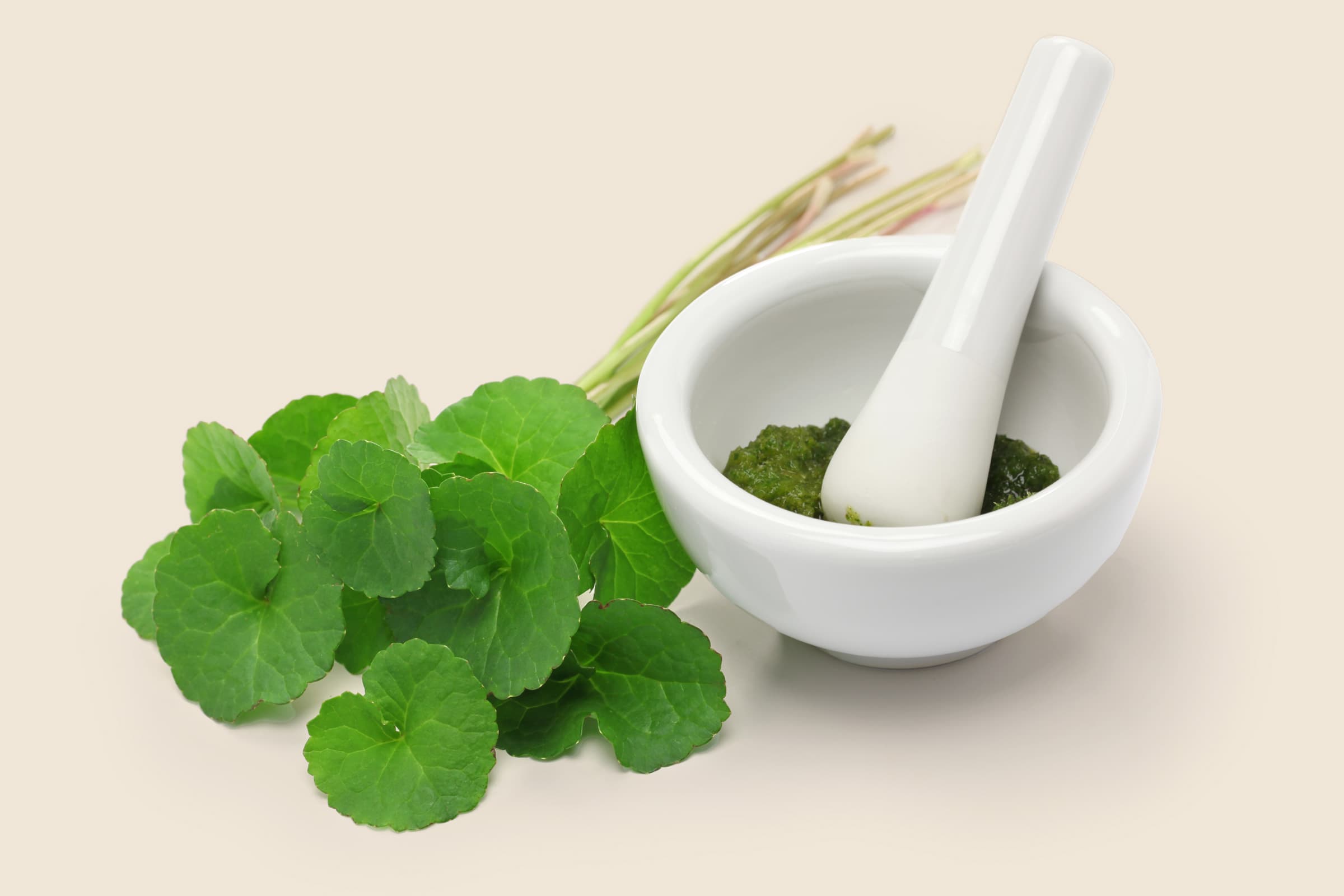Bone broth has recently become a food people turn to for its purported benefits of providing extra nutrition to the diet and healing the gut, joints, and other parts of the body. In addition to amino acids, vitamins, and minerals, it provides a significant amount of protein. On the other hand, pea protein is a plant-based product that also provides additional nutrients, 9 essential amino acids and satiating protein. Among their differences is that bone broth offers an animal-based protein while pea protein provides a plant-based one. Which protein supplement is better for your nutrient needs: pea protein or bone broth? Let’s look at pea protein vs bone broth side-by-side.
Table of Contents
- What is Bone Broth?
- What is Pea Protein?
- How Do Bone Broth and Pea Protein Compare, Nutritionally?
- Is Bone Broth a Complete Protein?
- Is Pea Protein a Complete Protein?
- Benefits of Bone Broth
- Benefits of Pea Protein
- How Do Pea Protein and Bone Broth Taste?
- What Do I Choose: Pea Protein or Bone Broth Protein?
What is Bone Broth?
Bone broth is not the same as a meat broth. While the latter is simmered from meat, bone broth is made from animal bones simmered over an extended period of time. Both types may also contain other ingredients, such as vegetables. Beef bone broth is popular, yet bone broth can be made from other animal products such as chicken or pork. Bone broth is an animal-based protein source, which involves the process of drawing out the gelatin from the bones.
What is Pea Protein?
Pea protein is a plant-based protein source that contains soluble pea protein extracted from peas. Nuzest’s product line uses pea protein extracted from European golden peas, providing a protein powder that’s vegan, bioavailable, and easy to digest. Read more information about pea protein here.
How Do Bone Broth and Pea Protein Compare, Nutritionally?
A popular bone broth provides approximately 7 grams of protein per serving, while Clean Lean Protein by Nuzest has 18-21 grams of protein per 25-gram serving. Both pea protein and bone broth are comparative in calories, fat, and carbs. While bone broth protein is suitable for the Paleo diet, pea protein fits vegan, vegetarian, and many specialty diets. Nonetheless, they are also both good sources of protein for people not on a specialty diet.

Is Bone Broth a Complete Protein?
Even though bone broth is an animal-based product and these tend to include complete proteins, bone broth does not provide a complete protein. It features gelatin, which does not contain all the essential amino acids your body needs. It is lacking in the amino acids methionine, tyrosine, tryptophan, and histidine while providing high amounts of glycine and proline.1
Is Pea Protein a Complete Protein?
Pea protein is a vegan protein that includes all the essential amino acids the body requires, so pea protein is a "complete protein". It includes slightly less of the amino acid methionine than the body needs, but you can easily make up for this through certain other plant-based foods, which include rice, oats, sunflower seeds, nuts, and soybeans.
Benefits of Bone Broth
Bone broth is often made from grass-fed, ethically-raised animals. It is associated with benefits, including joint pain, digestion, and bone strength, but many of its purported benefits are not strongly supported by research.2,3 Nonetheless, there is some research in its favor. One study found that bone broth provides collagen peptides with certain amino acids, including proline, glycine, alanine, and hydroxyproline, although these are found in reduced levels compared to standardized collagen hydrolysates, and the amounts vary by the bone broth formula.4 Overall, this research shows bone broth may provide some of the benefits of collagen. Bone broth’s nutritional value varies by the composition, but it can provide protein, calcium, magnesium, potassium, and other nutrients.3 However, one study found only minimal levels of calcium and magnesium in bone broth,5 and part of the nutritional value is sometimes attributed to the vegetable stock it contains rather than the bones.
Benefits of Pea Protein
Pea protein offers a plant-based protein that doesn’t harm animals and fits an eco-conscious lifestyle. It also fits vegan and vegetarian diets, while bone broth does not. Plus, pea protein is an economical protein source, while high-quality bone broth tends to come at a high cost. Making homemade bone broth could cut costs, although purchasing grass-fed, ethically-raised animal products will increase the price. A homemade broth also comes with less certainty of the number of nutrients found in each serving. As an added bonus, pea protein powder contains 2-3 times more protein per serving than bone broth and a pea protein powder like Clean Lean Protein by Nuzest tastes amazing... which brings me to my next point!

How Do Pea Protein and Bone Broth Taste?
Most people find that pea protein does not have a strong flavor, and the taste tends to be overpowered by other flavors that are mixed with it. The taste of bone broth is similar to sipping a soup broth. Nonetheless, the way bone broth tastes vary by the ingredients added to it. For example, it may or may not include salt or vegetables, which impact the flavor. Both bone broth and pea protein can be mixed into smoothies and other mixtures that mostly cover the taste. Give both a try and check out all the recipes for added protein into your daily regimen.
What Do I Choose: Pea Protein or Bone Broth Protein?
When compared side by side, pea protein typically contains 2-3 times more protein per serving than bone broth. Pea protein is a complete protein that is only slightly lacking in one amino acid, which you can easily obtain through a healthy diet. On the other hand, bone broth does not provide a complete protein and lacks four essential amino acids. Pea protein is considered a highly bioavailable protein that offers satiety to potentially help you eat less.6
Pea protein provides a high-quality source of protein that is cost-efficient, nutrient-rich, and eco-friendly, so this combination of characteristics may make it a better protein source for some. Bone broth can offer a wider variety of nutrients than pea protein, but the nutritional profile highly depends on the recipe. Yet the same could be said for the variation from one pea protein formulation to the next. Also, homemade bone broth may be more cost-efficient, yet using more affordable animal products could reduce the nutritional value of the broth.
Clean Lean Protein by Nuzest offers a vegan protein with 18-21 grams of protein per 25-gram serving. This plant-based option fits the lifestyles of those who are health-conscious, eco-friendly, and animal-friendly.
References
- https://www.westonaprice.org/health-topics/why-broth-is-beautiful-essential-roles-for-proline-glycine-and-gelatin/
- https://www.health.harvard.edu/healthy-eating/whats-the-scoop-on-bone-soup
- https://www.todaysdietitian.com/newarchives/0516p10.shtml
- https://www.ncbi.nlm.nih.gov/pubmed/29893587
- https://www.ncbi.nlm.nih.gov/pmc/articles/PMC5533136/
- https://www.ncbi.nlm.nih.gov/pubmed/25882536











